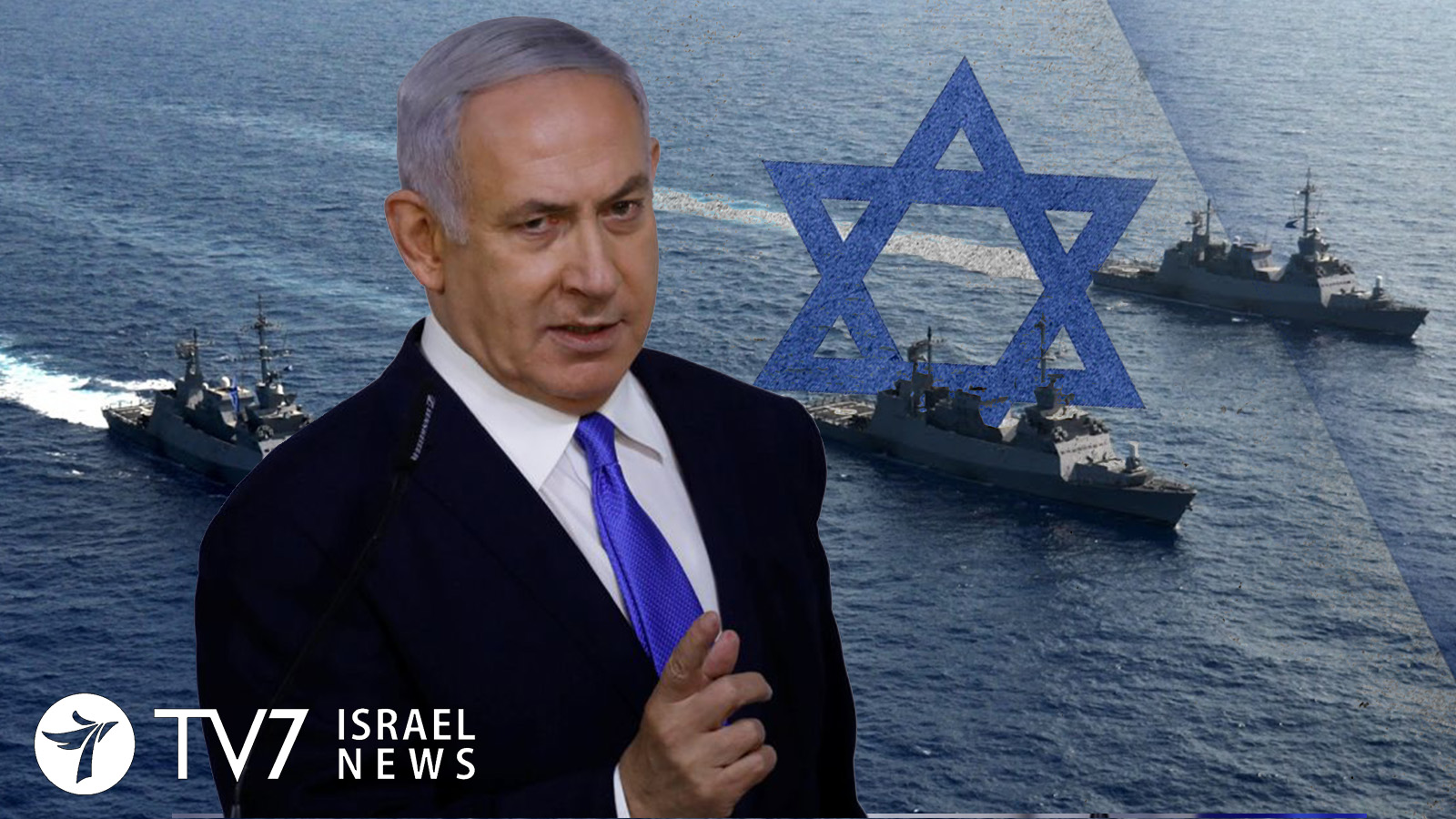A joint Commission of the Iranian nuclear agreement held its first meeting since the European union established a so-called special purpose vehicle that is designed to bypass U.S. imposed trade restrictions on the Islamic Republic of Iran. The meeting was hosted by Helga Schmid, Secretary General of the European External Action Service, and attended by representatives from China, France, Germany, Russia, Britain and Iran.
The meeting was held without the United States, which endorsed the nuclear deal with Tehran during the Obama administration but withdrew from it under President Donald Trump, because of major flaws the U.S. identified which the remaining members chose to ignore.
During the meeting, Iranian Deputy Foreign Minister Abbas Araghchi notified his European counterparts that the Islamic Republic will establish a structure which mirrors the European trade Mechanism – called INSTEX. “We hope that in the coming weeks, INSTEX would become operational. This is for all the goods and commodities, not only humanitarian goods, but maybe it started from humanitarian, in order to set the patterns for doing business with Iran,” the Iranian Deputy Foreign Minister said.
Meanwhile in Israel, Prime Minister Benjamin Netanyahu warned that Iran continues to bypass the U.S. sanctions that were imposed against it by the United States. In an address to an Israeli Navy cadets course graduation in the coastal city of Haifa, Netanyahu said that unless the international community actively thwarts Iran’s attempts to smuggle petroleum via the sea – Israel will use its own Navy to “block these Iranian actions.” According to the Israeli Prime Minister: “Iran is trying to bypass the sanctions on it through the covert smuggling of petroleum via the sea. As these attempts expand, the navy will have a more important role in efforts to block these Iranian actions. I call on the international community to halt, by any means, Iran’s attempts to bypass the sanctions via the sea.”
